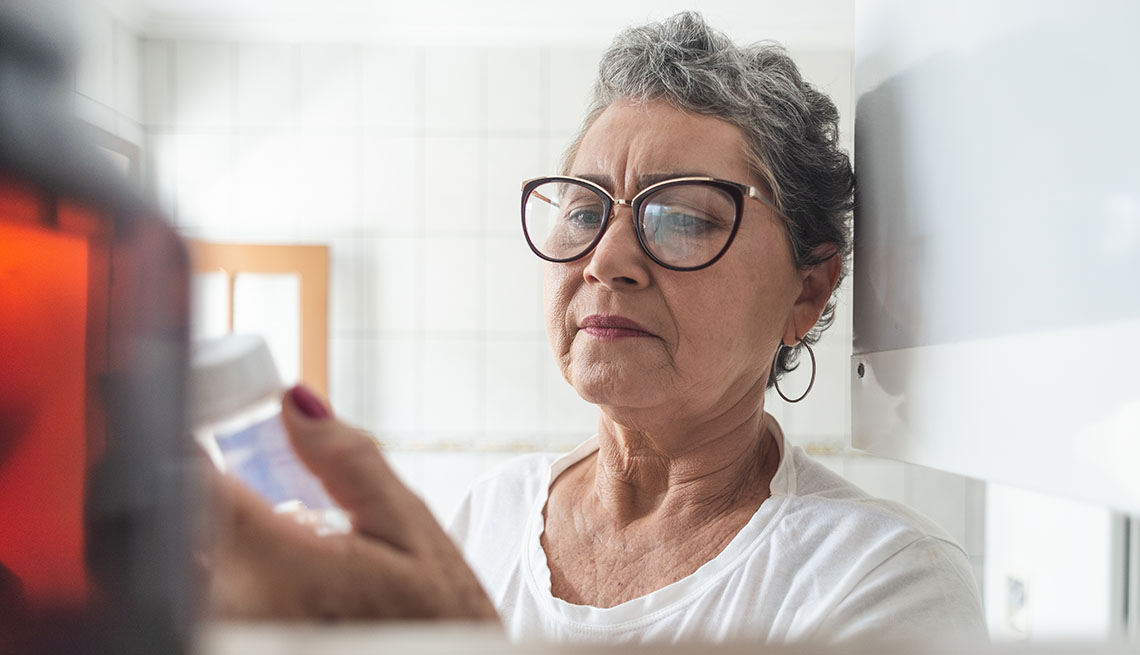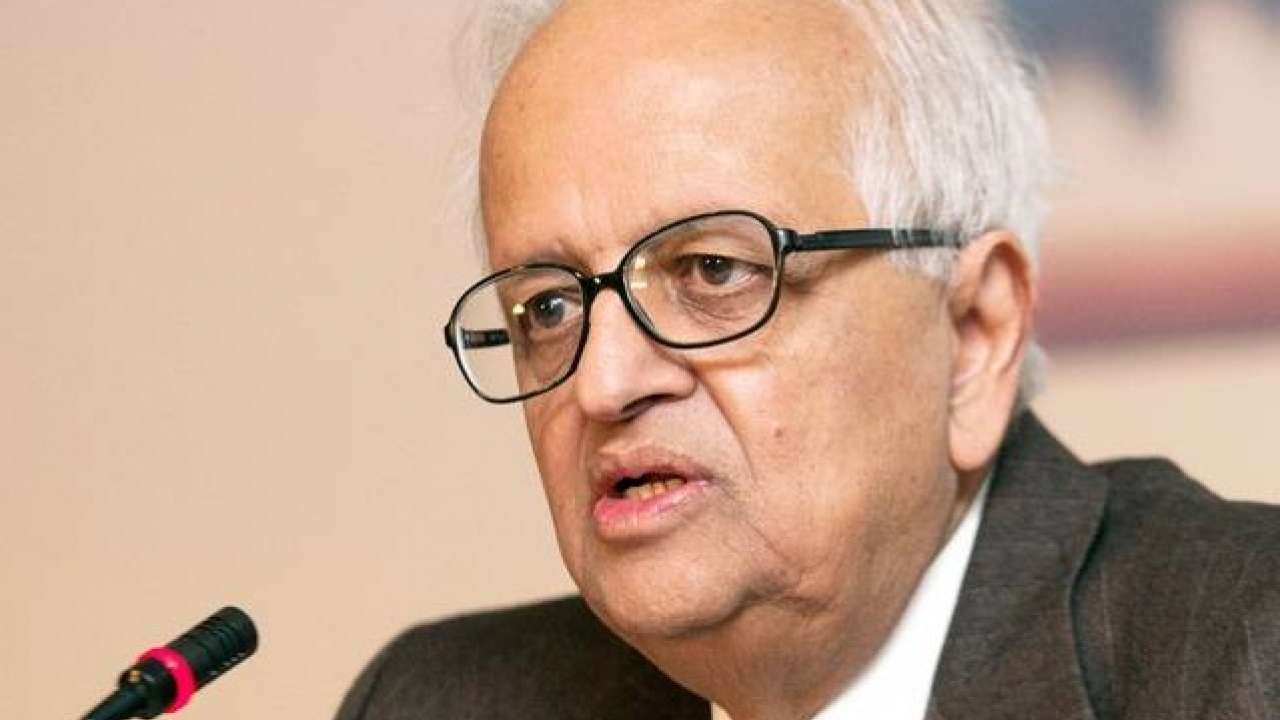
- Select a language for the TTS:
- UK English Female
- UK English Male
- US English Female
- US English Male
- Australian Female
- Australian Male
- Language selected: (auto detect) - EN
Play all audios:
TALK WITH YOUR DOCTOR ABOUT BEST OPTIONS What, then, is the safest pain medication? That’s a question anyone with high blood pressure, heart disease or for that matter kidney disease should
ask their health care provider, says cardiologist Donald Lloyd-Jones, M.D., chair of the Department of Preventive Medicine at Northwestern University Feinberg School of Medicine and
president of the AHA. And yet, research suggests these conversations aren’t taking place. Nearly half of adults in the U.S. have high blood pressure and only 53 percent of those who take
over-the-counter pain relievers check with their doctor before taking them, according to a 2021 survey commissioned by the AHA. “For a long time, NSAIDs have been recognized as being
problematic in patients with heart failure, hypertension and kidney disease,” Smith says. “With acetaminophen, there’s the same problematic effect with blood pressure, yet we don’t recognize
that as being a problem.” But that doesn’t necessarily mean acetaminophen is off-limits, especially if you take it only on occasion. “The risks of using acetaminophen for fever or aches and
pains every once in a while — even for people who have hypertension — are quite low,” Smith adds. “The real issue is for people who are taking it every day.” However, he warns against
taking effervescent acetaminophen, citing research just published in _European Heart Journal_. The fizzy, dissolvable tablets are high in sodium and are associated with a greater risk of
cardiovascular disease in people with and without high blood pressure. “There are other considerations as well,” Lloyd-Jones says. “Unlike acetaminophen, most of the NSAIDs compete directly
with aspirin, so people who need aspirin because they’ve had a heart attack, stroke or a stent procedure should be careful not to lose the protection they are getting from aspirin by taking
one of these other medications. This is much less of a concern with acetaminophen. NSAIDs are also much more likely to cause stomach bleeding than acetaminophen.” Bottom line: Talk with
your doctor about what makes sense for you. As Lloyd-Jones points out, age, as well as pain itself, can also raise blood pressure, so it’s “important to find the right balance,” he says.
“Whatever medication is used, people with high blood pressure should be monitoring it at home regularly, and especially doing so and reporting back to their doctor whenever they start any
new medication.” _Kimberly Goad is a New York–based journalist who has covered health for some of the nation’s top consumer publications. Her work has appeared in _Women’s Health, Men’s
Health _and_ Reader’s Digest.






